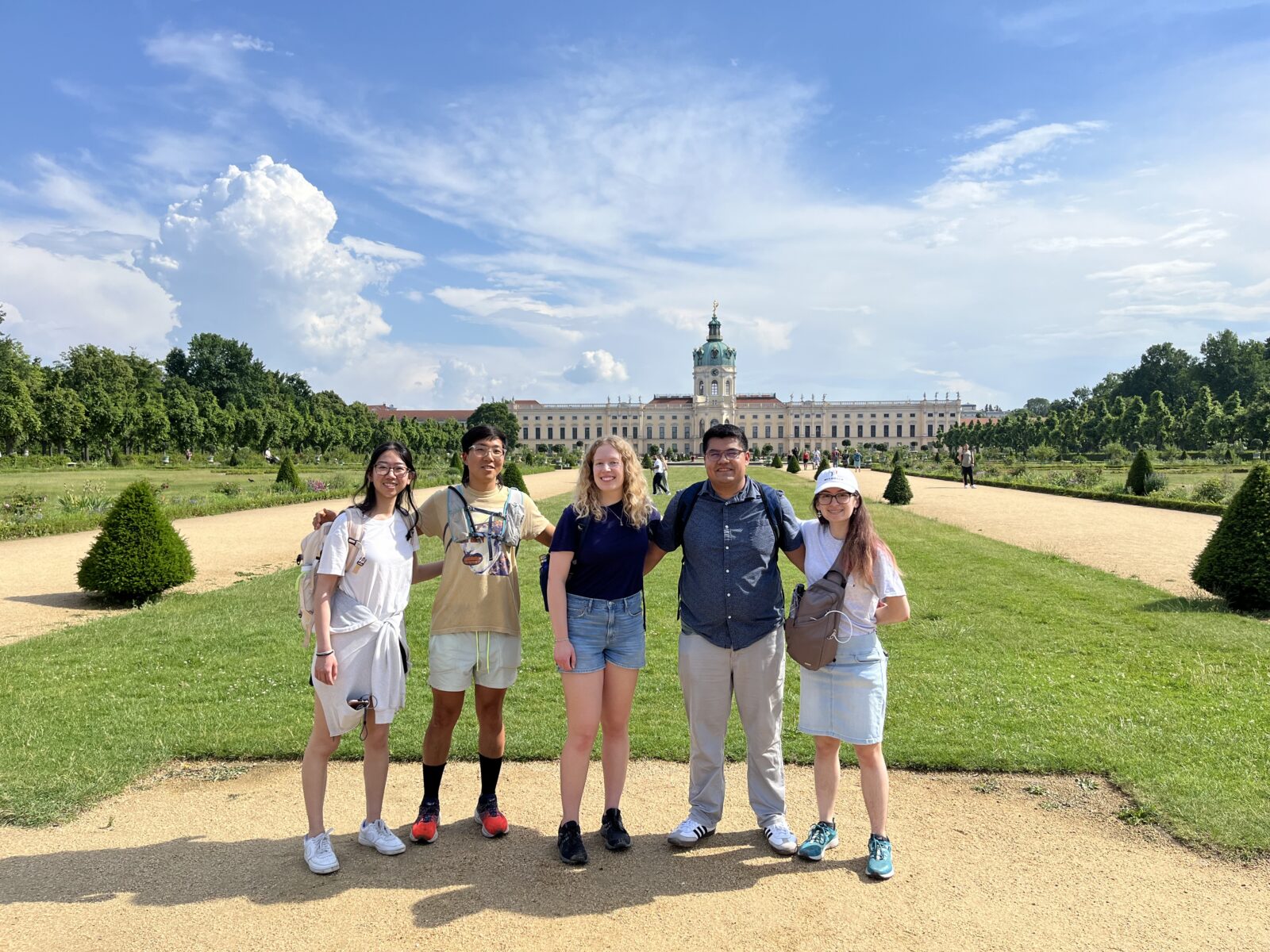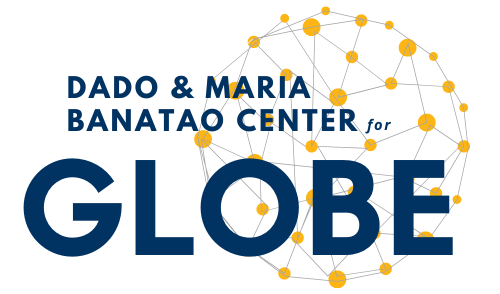Sarina Lin’s Summer 2024 MUM: Micro Underwater Robotics Internship at TUHH in Germany
November 19, 2024 By Grace Qian (Edit)
Read below about Sarina’s Summer 2024 journey as an MUM: Micro Underwater Robotics Intern at TUHH in Germany!
Sarina’s Internship Journal:
In my freshman year, an email from my major advisor about a summer internship in Germany caught my eye. I was immediately let down when I found out the opportunity was for those in sophomore year or greater, but when the next year rolled around, I had to apply. Amazingly, I was granted the opportunity to be one of four Berkeley interns at the Hamburg University of Technology (TUHH) in Germany through the exchange program between our two universities. I knew my summer had just gotten much more exciting, but I wasn’t prepared for how wonderful and life changing it would be, especially after receiving increased financial assistance from GLOBE.

During my internship, I worked under the PhD students at TUHH on sensor circuit integration into a micro AUV for environmental monitoring applications, focusing on the development of pH and electrical conductivity sensors. I was starting from ground zero, having to design the circuitry and PCB, and writing the code myself. From the beginning there were challenges with preventing the electrical conductivity sensor from electrically interfering with the pH sensor, which would cause it to rail, and with choosing the proper method of generating an alternating voltage for the electrical conductivity sensor. Through weeks of iteration on designing an i2c compatible electrical isolation interface and switching between designs for generating a sine wave to a square wave, while also accounting for minimizing PCB size and circuitry points of failure, a compact 4-layer PCB was finally settled on, only for both sensors to fail in testing due to an amateur mistake- selecting the wrong type of opamp.

Although I was relatively new to the world of circuitry, having minimal experience with custom PCB design, throughout the entire design process, the PhD students were very welcoming and receptive to my questions, always providing as in-depth of an answer as possible to maximize my learning. When the issue of the wrong type of opamp occurred, I learned how the concept of an opamp that I had been taught in class was oversimplified and that there is a wide range of opamps that exist in the real world. Although I’m certainly not a professional now, I’m unlikely to make such a beginner mistake again.

Beyond my work, I had the opportunity to meet many new people and learn about the cultural differences between the many European countries and America. This year, the Euro soccer cup was held in Germany, so many fans from all over Europe were visiting the cities hosting matches, including Hamburg. This gave me the unique opportunity to connect with more people than I would have without the games. While I traveled around Germany, I could always connect with others about our excitement over the Euro cup and engage in friendly banter about the winning and losing teams before introducing ourselves. Through this, I met people from Switzerland, Belgium, and other neighboring countries.
Even within the group of work interns, there was more diversity than just us Berkeley students. We were joined by students from different parts of America and Canada, and there were many more differences between all of us than I initially realized, but those differences only brought us all closer. Together, we explored Hamburg, seeing all that the city had to offer. From running in the rain to the s-bahn station to canoeing down the Alster, which also ended in rain, I made unforgettable memories and amazing friendships.

This summer was the summer of dreams. I worked on a project I was interested in, honing in on my career aspirations, and met amazing people, inside and outside of work. I’ll always look at these memories fondly and I sincerely hope to have another opportunity to work abroad in the future.
